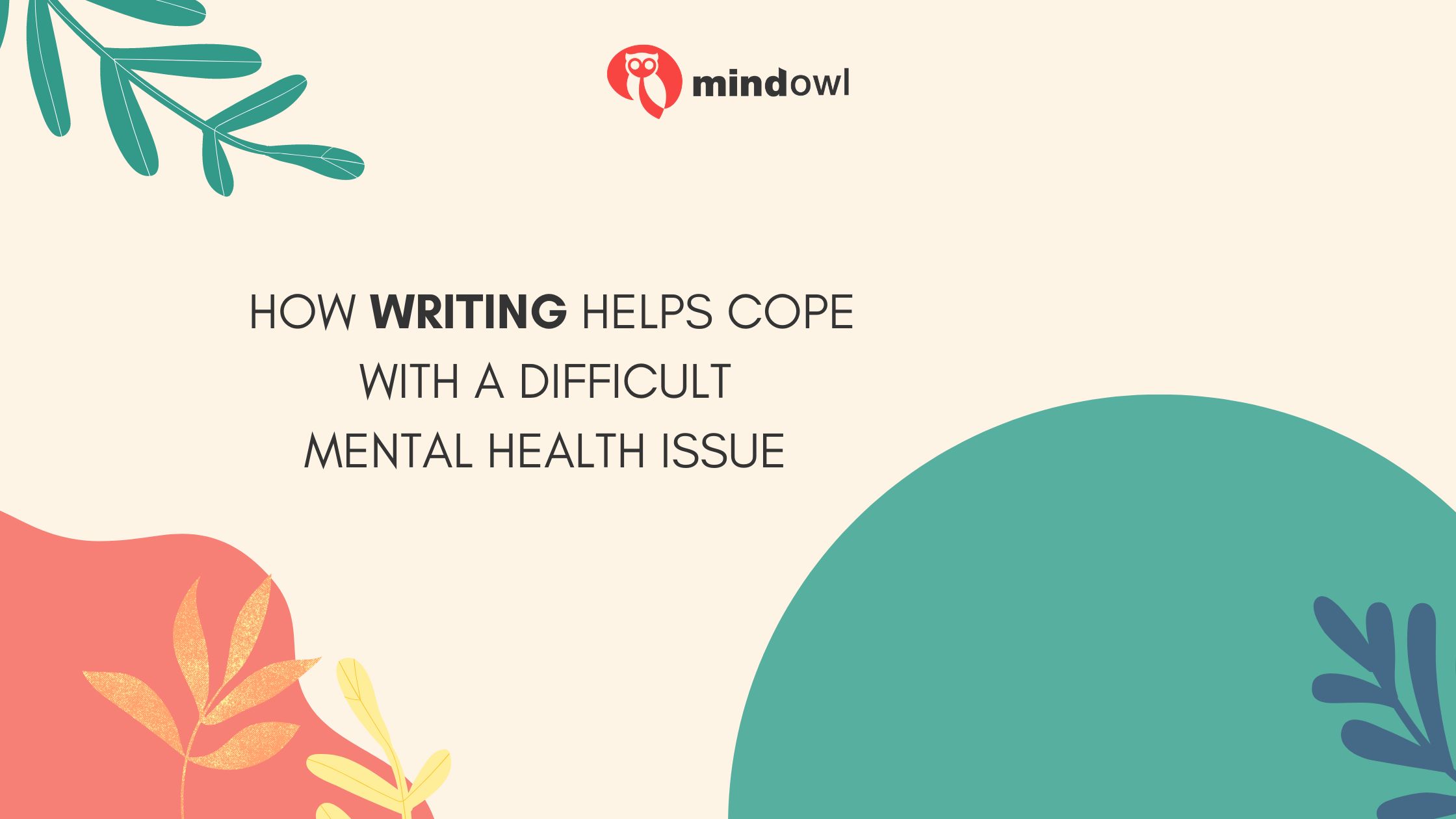
Do you ever feel like the stress of your mental health issue is just too much? Writing can be a powerful tool to help manage tough times. Not only does it provide an opportunity to get thoughts down on paper, but it also helps alleviate feelings of isolation and helplessness. So if you’re looking for ways to cope with a difficult mental health problem, why not give writing a try? In this blog post, we’ll discuss how writing can help deal with different types of issues and strategies for doing so in an empowering way!
Why is writing beneficial?
Writing has long been appreciated for its ability to transform intangible thoughts and emotions into tangible words on paper (or on a screen). There’s something therapeutic about taking a blank page and filling it with your own thoughts, especially when you’re feeling overwhelmed or anxious. Whether it’s a stream of consciousness, a personal journal entry, or a creative short story, writing allows individuals to process their thoughts and emotions in a healthy and productive way.
It’s like a pressure valve for the mind – by putting your thoughts down on paper, you’re able to release the pent up emotions and gain clarity on the issues at hand. Plus, writing is accessible to everyone and doesn’t require any special equipment or training. All you need is a pen and paper (or your laptop), and you’re ready to go! So next time you’re feeling a little frazzled, grab a pen and see where your thoughts take you.
Writing for school vs writing for pleasure
While writing for school may require a precise, polished paper with no errors or trace of plagiarism, writing for mental health can be somewhat therapeutic. Unlike the rigid structure of academic writing, writing for pleasure should be a space where your personal creativity can roam free. For school, you might need a plagiarism checker and fixer to make sure everything is perfect and completed in a fast manner. But at home, writing should be a way to let out all the emotions we otherwise bottle up. Writing can be a way to release the weight of the world off of us in a safe and expressive manner. So, let your pen dance on paper without the worry of being graded. Just write and let your mind feel lighter. It’s guaranteed to be good mental health exercise for you.
Tips for getting started
First, find a quiet and comfortable space that you can make your own. Maybe add some plants, candles, or a cozy blanket. Once you have the space set up, turn off all distractions, like your phone or email notifications. Next, immerse yourself in the world of emotions by listening to music or reading a book that moves you. Lastly, don’t worry about perfection. Just let your thoughts flow freely onto the page. Remember, writing is all about self-expression and exploration, so have fun with it!
Examples of types of writing activities

There are plenty of writing prompts out there to help guide even the most novice writer. Some prompts can help you reflect on your personal experiences and emotions, while others can push you to explore new ideas and perspectives. Maybe you want to try your hand at writing in a specific genre, like horror or romance. Or, perhaps you’re looking for a challenge and want to tackle a prompt that’s completely out of your comfort zone. Whatever your writing style may be, there’s a prompt out there for you.
Ways of turning written works into art
The pen may be mightier than the sword, but artwork can take that mighty pen and turn it into a tangible masterpiece. With every brushstroke, every chisel mark, written works can transform into objects d’art that captivate and inspire. Whether it’s a painting that captures the essence of a story or a sculpture that brings a character to life, the possibilities for turning the written word into art are endless. So, next time you find yourself lost in the pages of a favorite book, take a look at that protagonist and think, “what would they look like in clay”; because, who knows, they just might end up on display in a museum one day.
Conclusion
Let’s admit it, sharing our work with others can be intimidating. But fear not, my friend! There are plenty of resources out there where you can find like-minded individuals who have gone through similar struggles, and are willing to offer their support. The internet is a magical place filled with forums, groups, and social media communities where you can connect with others who understand what you’re going through. Don’t be afraid to put yourself out there and seek out those who can lift you up. After all, as the saying goes, teamwork makes the dream work!
Author Bio:
Scott Roberts is a professional writer and mental health advocate. He believes in the power of words to heal and encourages everyone to explore their creative outlets, whatever they may be. In his free time, Scott loves to read, bike ride, and practice yoga.
MindOwl Founder – My own struggles in life have led me to this path of understanding the human condition. I graduated with a bachelor’s degree in philosophy before completing a master’s degree in psychology at Regent’s University London. I then completed a postgraduate diploma in philosophical counselling before being trained in ACT (Acceptance and commitment therapy).
I’ve spent the last eight years studying the encounter of meditative practices with modern psychology.

